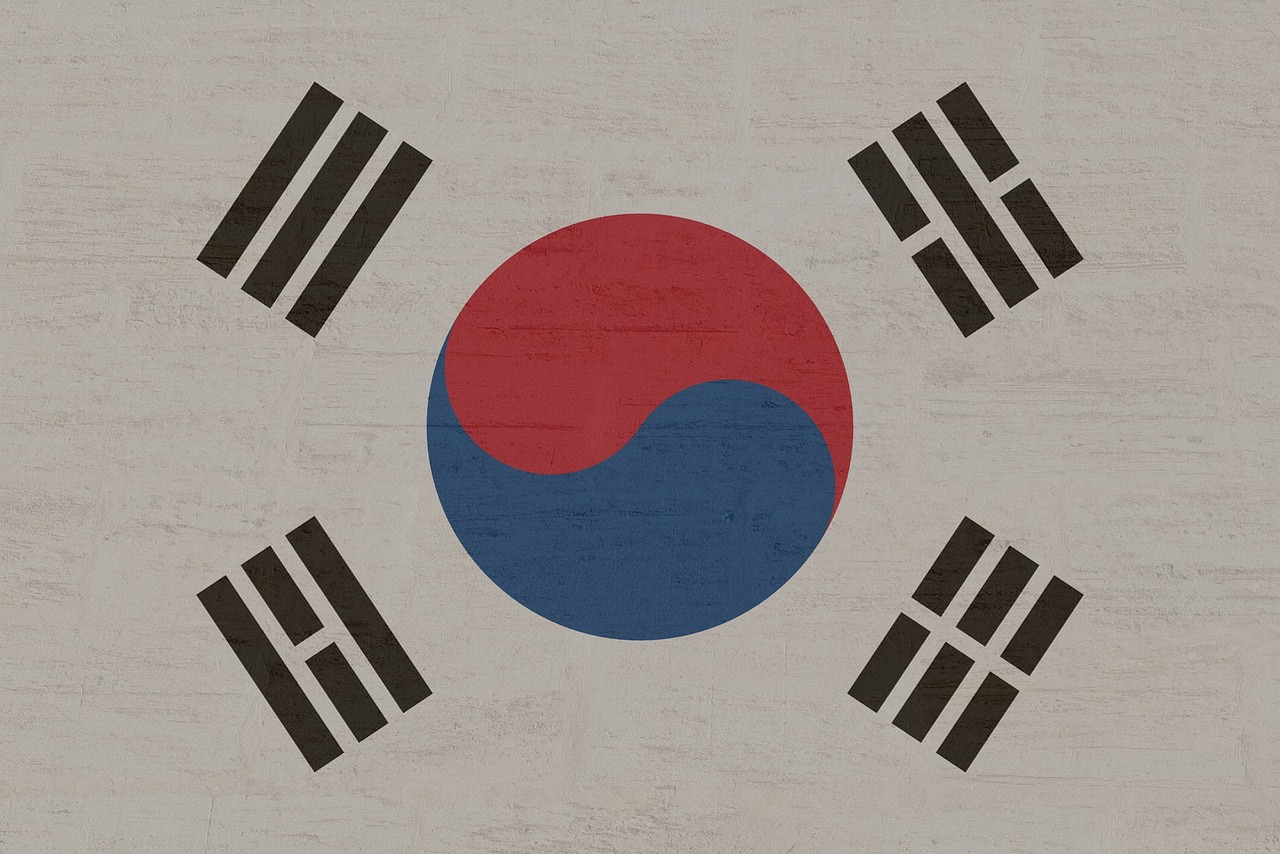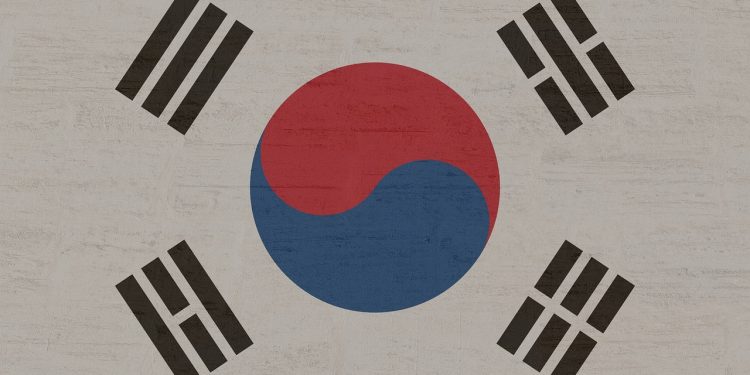South Korea’s furious response to the arrests of its citizens at a Hyundai plant in Georgia is a clear signal that the country will no longer be a silent partner in the U.S.’s chaotic immigration crackdown. The government’s promise of “all-out efforts” to assist its nationals is a direct challenge to the Trump administration’s “America First” agenda.
This raid is a diplomatic crisis that proves a dangerous contradiction in U.S. policy: courting foreign investment on one hand while punishing the workers who make that investment possible on the other.

The Unjust Infringement of Sovereignty and Rights
For the South Korean government, this is a matter of national dignity. The sight of its citizens, some of whom may have been in the U.S. legally, being paraded in shackles is a great humiliation to say the least. Foreign Minister Cho Hyun’s statement that he feels “heavy responsibility” for the arrests of his citizens is a rare public display of anger and shame. The ICE raid action sends a clear message to South Korean companies that despite their $350 billion in promised investments, their citizens are not safe from the unpredictable whims of U.S. immigration enforcement. It raises fundamental questions about the protection of South Korean nationals and the security of their business operations.
What Happens Now?
To fix this mess, the U.S. must abandon its current punitive approach and engage in serious, good-faith dialogue with South Korea. First, the administration should immediately focus on the humane and swift resolution of the cases of those arrested. They must ensure that any individual who was in the country legally or on a temporary business visa is released.
Afterwards, both nations should create a new, high-level bilateral task force to address the complex issue of foreign workers and visa compliance. This would provide transparent guidance to foreign companies and their employees, preventing future incidents. Finally, the U.S. must publicly reaffirm its commitment to its partnership with South Korea and assure them that their investments will be protected. This is the only way to prove that crucial projects like the Hyundai battery plant can thrive without fear of political raids, cementing a stronger, more reliable partnership for the future.

















